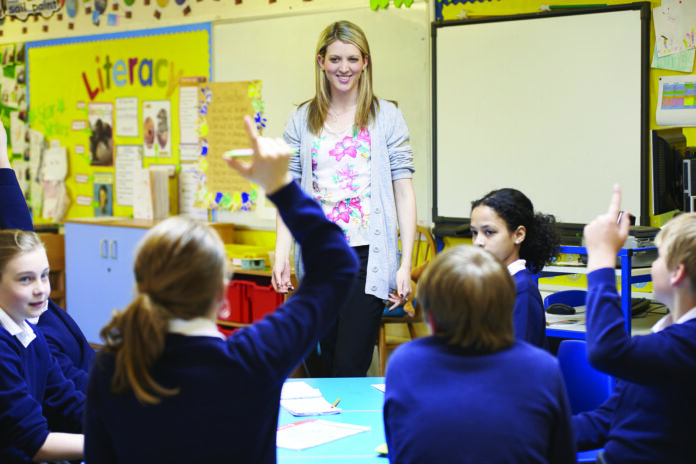Only 13 per cent of BC teachers believe students with disabilities or diverse needs are getting their needs met in the classroom according to a recent poll from the province’s Teachers Federation.
The poll also sounded the alarm over gaps in inclusive education, mental health as well as violence in schools.
BCTF President, Clint Johnston told Vista Radio their remains a large gap between rural and urban centres when it comes to accessing supports off site.
“One of the things that has masked this is that in the big metro centres, people can still go and get resources outside of the school often and it might be an option. But in some of the smaller and more rural towns we are talking about, that isn’t there at all.”
He added the provincial funding from 2023-24 only covered 72 per cent of what school districts actually spent to provide inclusive education services, leaving a 340-million dollar gap elsewhere.
“Quite a few years ago we went from a model that isolated some of our students, especially those who had needs outside of the mainstream. We all made the decision to include everybody and it was the right decision to unite the system as one and it works well for everyone when its properly funded and supported.”
“The money and the funding and the resources with that need to support those students to participate everyday haven’t been put in.”
Almost four out of five K-3 teachers polled stated they did not have a class-assigned assistant while 17 per cent of those polled stated there was no mental health counsellor assigned to their school.
Johnston the results once again highlight the need for smaller class sizes.
“As teachers, one of our arguments for smaller class sizes allows you to have more one on one time with each child and builds relationships to support them. The same is true when we have those support personnel in classrooms.”
This year’s survey found half of teachers (50.6 per cent) reported increases to their workload.
In addition, 14 per cent of respondents said it is very or somewhat unlikely they will still be teaching in two years’ time. And one out of seven teachers (14.2 per cent) reported that their mental health was currently very poor or poor.
Johnston’s tenure as BCTF President ends at the end of the month.
He will be succeeded by Carole Gordon, an elementary school teacher from Kelowna.
Be the first to know! Don’t miss out on breaking news and daily updates in your area. Sign up to MyEastKootenayNow News Alerts.




